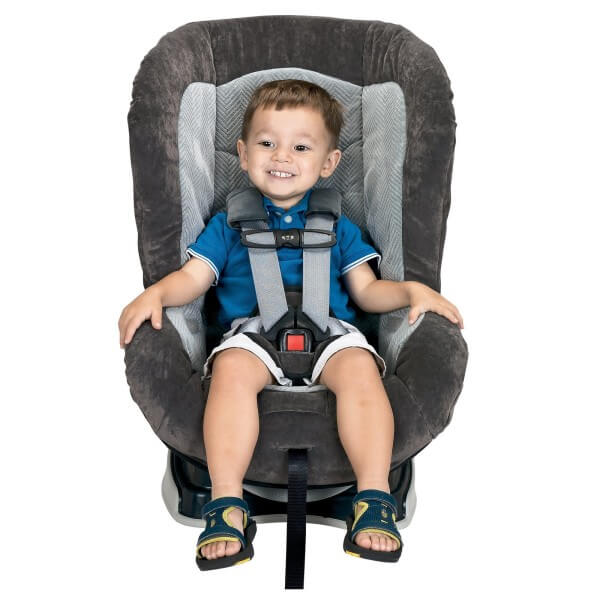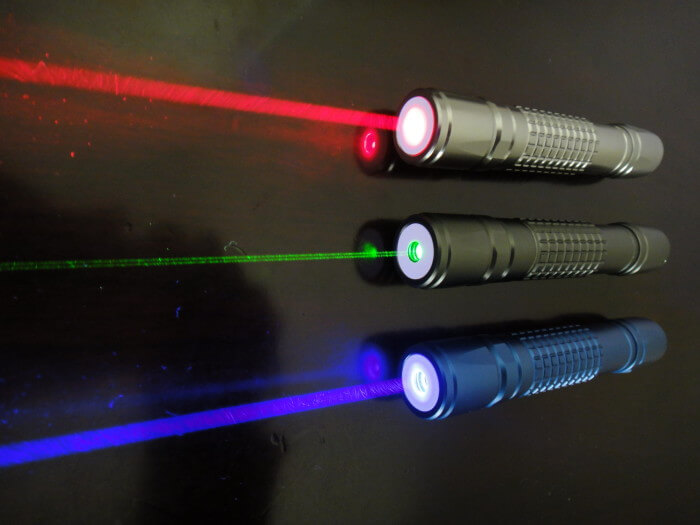
 Here’s our weekly review of obscure Texas laws. Although enacted in 1989, this harkens back to the era when SMU football was a powerhouse (before they received the death penalty). I don’t know whether they have a similar law in Florida, but from the looks of things the Miami Hurricanes may be finding out real soon.
Here’s our weekly review of obscure Texas laws. Although enacted in 1989, this harkens back to the era when SMU football was a powerhouse (before they received the death penalty). I don’t know whether they have a similar law in Florida, but from the looks of things the Miami Hurricanes may be finding out real soon.
Section 32.441 – Illegal Recruitment of an Athlete
Under this law, “[a] person commits an offense if, without the consent of the governing body or a designee of the governing body of an institution of higher education, the person intentionally or knowingly solicits, accepts, or agrees to accept any benefit from another on an agreement or understanding that the benefit will influence the conduct of the person in enrolling in the institution and participating in intercollegiate athletics.”
Of course there is an exception if the person providing the benefit is related to the athlete.
Violations of this law are broken down as follows:
(1) Class C misdemeanor if the value of the benefit is less than $20;
(2) Class B misdemeanor if the value of the benefit is $20 or more but less than $500;
(3) Class A misdemeanor if the value of the benefit is $500 or more but less than $1,500;
(4) state jail felony if the value of the benefit is $1,500 or more but less than $20,000;
(5) felony of the third degree if the value of the benefit is $20,000 or more but less than $100,000;
(6) felony of the second degree if the value of the benefit is $100,000 or more but less than $200,000; or
(7) felony of the first degree if the value of the benefit is $200,000 or more.
This is one of those laws, however, in which you might see a lot of prosecutorial discretion. After all, the elected district attorney might not position himself well for reelection if he goes around prosecuting the local cattle barons and oil tycoons.


 I love technology – from tablet computers to smartphones to flat-screen televisions. If it’s shiny and new and guaranteed to make me the envy of my friends and family, I’ll buy it (to the dismay of my wife). One of the recent (in the last 5 years) technological advancements that has made its way into just about every home in America is GPS. Whether it be a Garmin running watch, a TomTom navigational device, or a GPS location broadcaster on your cell phone, most people use some sort of GPS device every day. Aside from the fact that we’ve lost the capability to drive somewhere without turn-by-turn directions, GPS is great.
I love technology – from tablet computers to smartphones to flat-screen televisions. If it’s shiny and new and guaranteed to make me the envy of my friends and family, I’ll buy it (to the dismay of my wife). One of the recent (in the last 5 years) technological advancements that has made its way into just about every home in America is GPS. Whether it be a Garmin running watch, a TomTom navigational device, or a GPS location broadcaster on your cell phone, most people use some sort of GPS device every day. Aside from the fact that we’ve lost the capability to drive somewhere without turn-by-turn directions, GPS is great.
 Before my wife and I had children, I was used to running quick errands to the store in a matter of minutes. When the rugrats arrived, the quick errands required carseats, strollers, diaper bags, etc. While I am now somewhat of a pro at running errands with children, I didn’t adapt all that quickly. The first time I took my son to the store with me it was dark outside and he was asleep in his car seat. I pulled up to Best Buy and completely forgot that I had him with me. About 5 minutes after walking through the aisles I realized what I had done. I’m sure I resembled the mother from the movie Home Alone as I darted out of the store to get my baby and bring him back in with me. I can only imagine what the employees that guard the doors must have thought. Well, Texas doesn’t take kindly to idiot parents like me (correction: like I used to be).
Before my wife and I had children, I was used to running quick errands to the store in a matter of minutes. When the rugrats arrived, the quick errands required carseats, strollers, diaper bags, etc. While I am now somewhat of a pro at running errands with children, I didn’t adapt all that quickly. The first time I took my son to the store with me it was dark outside and he was asleep in his car seat. I pulled up to Best Buy and completely forgot that I had him with me. About 5 minutes after walking through the aisles I realized what I had done. I’m sure I resembled the mother from the movie Home Alone as I darted out of the store to get my baby and bring him back in with me. I can only imagine what the employees that guard the doors must have thought. Well, Texas doesn’t take kindly to idiot parents like me (correction: like I used to be).
 Continuing our weekly look at obscure Texas laws (in no particular order), here is one that gives a whole new meaning to the phase “Give me a hand.”
Continuing our weekly look at obscure Texas laws (in no particular order), here is one that gives a whole new meaning to the phase “Give me a hand.”
 Texas has plenty of laws on the books that are obscure to the average Texan (including lawyers like me). In an effort to educate the general public (since ignorance is no defense), I have decided to post one obscure Texas law (from the Texas Penal Code) every week, until I run out of (what I consider) obscure laws. Here’s the first one:
Texas has plenty of laws on the books that are obscure to the average Texan (including lawyers like me). In an effort to educate the general public (since ignorance is no defense), I have decided to post one obscure Texas law (from the Texas Penal Code) every week, until I run out of (what I consider) obscure laws. Here’s the first one:
 Last year, I posted about a murder case wherein a Fort Bend County dog handler used three bloodhounds to conduct a “dog scent lineup” to match a suspect’s body scent to the scent of certain evidence from the crime scene. In that case, the CCA ruled that the scent evidence was not enough to establish that the suspect had committed the murder. The CCA did not comment on the admissibility of scent lineup evidence.
Last year, I posted about a murder case wherein a Fort Bend County dog handler used three bloodhounds to conduct a “dog scent lineup” to match a suspect’s body scent to the scent of certain evidence from the crime scene. In that case, the CCA ruled that the scent evidence was not enough to establish that the suspect had committed the murder. The CCA did not comment on the admissibility of scent lineup evidence.
 The Second Amendment to the United States Constitution provides:
The Second Amendment to the United States Constitution provides:
 While the 5th Circuit case linked below has nothing to do with criminal law and procedure, it has everything to do with ridiculous Texas shenanigans.
While the 5th Circuit case linked below has nothing to do with criminal law and procedure, it has everything to do with ridiculous Texas shenanigans. 





